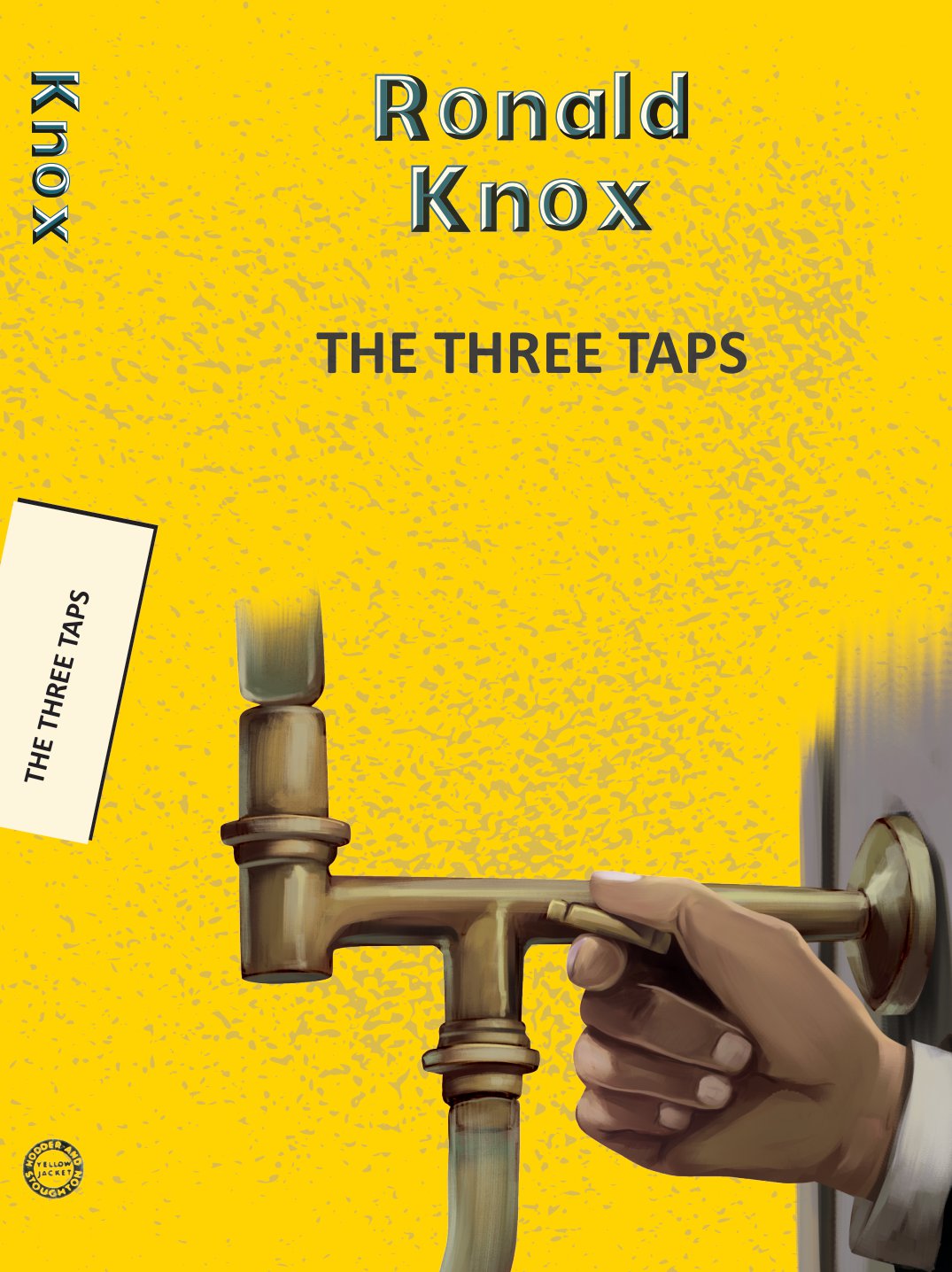Ronald Knox
Ronald Knox Monsignor Ronald Arbuthnott Knox was a Roman Catholic priest, theologian, author of detective stories, as well as a writer and a regular broadcaster for BBC Radio.
Knox published extensively on religious, philosophical, and literary subjects. He also produced several popular works of detective fiction. He is remembered for his "Ten Commandments" for detective stories, which sought to codify a form of crime fiction in which the reader may participate by attempting to find a solution to the mystery before the fictional detective reveals it.
The majority of novels of Knox's era, coined The Golden Age of Detective Fiction, were "whodunits" with codified rules to allow the reader to attempt to solve the mystery before the detective. According to Knox, a detective story must have as its main interest the unravelling of a mystery; a mystery whose elements are clearly presented to the reader at an early stage in the proceedings, and whose nature is such as to arouse curiosity, a curiosity which is gratified at the end. He expanded upon this definition by giving ten rules of writing detective fiction:
* The criminal must be mentioned in the early part of the story, but must not be anyone whose thoughts the reader has been allowed to know.
* All supernatural or preternatural agencies are ruled out as a matter of course.
* Not more than one secret room or passage is allowable.
* No hitherto undiscovered poisons may be used, nor any appliance which will need a long scientific explanation at the end.
* No Chinaman must figure in the story. (Note: This is a reference to common use of heavily stereotyped Asian characters in detective fiction of the time.)
* No accident must ever help the detective, nor must he ever have an unaccountable intuition which proves to be right.
* The detective himself must not commit the crime.
* The detective is bound to declare any clues which he may discover.
* The "sidekick" of the detective, the Watson, must not conceal from the reader any thoughts which pass through his mind: his intelligence must be slightly, but very slightly, below that of the average reader.
* Twin brothers, and doubles generally, must not appear unless we have been duly prepared for them.
* Knox died on 24 August 1957, and was buried in the churchyard of St. Andrew's Church in Mells.

